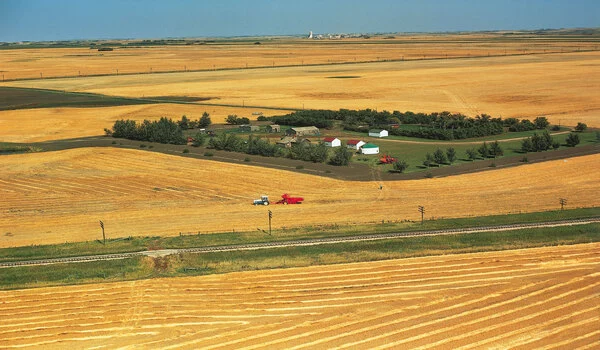It works in all sectors of the economy and across the country to improve investment conditions, boost innovation performance, increase Canada’s share of global trade, and create a fair, efficient, and competitive marketplace.
ISED is the federal institution in charge of the portfolio of Innovation, Science, and Economic Development, which includes 18 federal ministries and agencies such as the Canadian Space Agency, the National Research Council of Canada, and Destination Canada. These organizations collaborate to further the government’s goal of creating a knowledge-based economy in all regions of Canada, as well as the jobs and growth agenda.
ISED collaborates with members of the Innovation, Science, and Economic Development Portfolio to leverage resources in a variety of areas:
Science and technology innovation: Assisting businesses and non-profit organizations in quickly translating ideas into new products and services.
Trade and investment: increasing the number of enterprises exporting to additional markets and assisting Canadian firms in attracting a higher share of foreign direct investment.

Access to cash, information, and services to help small and medium-sized businesses grow.
Fostering new approaches to community economic development that are based on community assets and information infrastructure.
In January, Minister of Innovation, Science, and Industry Francois-Philippe Champagne announced a $550 million investment to support over 5,500 researchers from coast to coast.
The program is part of the government’s continued support for Canada’s science and research sectors.Canada
(ISED) involves money for the following:
The Transformation stream of the New Frontiers in Research Fund (NFRF) awarded grants totaling $144 million over six years to seven Canadian-led research teams for large-scale, interdisciplinary research initiatives with the potential to achieve long-term change. The New Frontiers in Research Fund includes three streams—Transformation, Exploration, and International—as well as the ability to issue special calls. The Transformation grants are unusual in Canada in that they support large-scale, interdisciplinary research initiatives tackling major challenges, with potentially far-reaching implications in terms of scientific breakthroughs and applicable economic, environmental, or health effects.
The Canada Research Chairs program, which invests around $295 million each year to attract and retain some of the world’s most outstanding and promising minds in engineering and natural sciences, health sciences, humanities, and social sciences, There are now 1,981 Canada Research Chairs in operation.
The granting agencies’ scholarships and fellowship programs will provide financing for more than 5,300 promising graduate students and young researchers from throughout Canada whose research spans several fields through an expenditure of more than $260 million.
The University of Alberta, for example, is receiving $24 million for a project led by Dr. Brenda Parlee that intends to empower Indigenous peoples and involve Indigenous youth in applying their knowledge to help Canada and the world understand the consequences of biodiversity trends.
Queen’s University is receiving $24 million for a project led by Dr. Cathleen Crudden that aims to develop a novel method of metal surface protection by producing carbon-to-metal coatings with remarkable strength and oxidation resistance.
McGill University’s Dr. Noémie-Manuelle Dorval Courchesne has been awarded $600,000 to address environmental sustainability by replacing plastics, textiles, and electronics with biomaterials developed to fulfill increasing industrial and societal needs.
Chloe Crosschild of the University of British Columbia has been awarded a $105,000 scholarship and fellowship from the Canadian Institutes of Health Research 2021 for her work on improving relationships between Indigenous women and registered nurses and moving toward transformative reconciliation to promote maternal health equity.
“Our government has taken action to establish the role of science and scientists, and over the past two years, all Canadians have seen the true impacts of science and research in our lives. Such is the value of Canadian institutions and researchers who think outside the box to tackle major challenges.
Francois-Philippe Champagne
The project intends to stimulate big improvements in all scientific sectors, from revolutionizing organ transplants to combining biology and engineering to solve sustainability concerns, as well as promoting Indigenous language revitalization.
“Our government has taken action to establish the role of science and scientists, and over the past two years, all Canadians have experienced the genuine impacts of science and research on their lives,” said Francois-Philippe Champagne, who launched the program. Such is the value of Canadian institutions and academics that look outside the box in order to solve important problems.
“These programs serve as a catalyst for fresh breakthroughs and discoveries that will enhance people’s lives, feed our innovation ecosystems, and change Canada’s prosperity for years to come.” Congratulations to all of the winners! “





